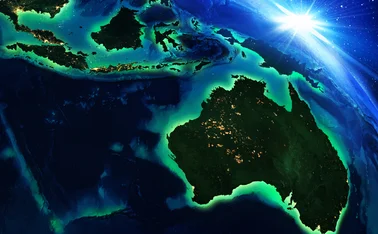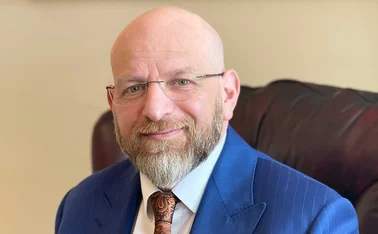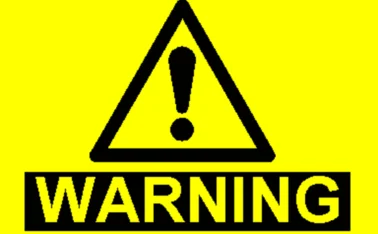
TDF - the greatest show on Earth
 What if the market never hardens? What if this really is the "new normal", would that really be so bad I wonder?
What if the market never hardens? What if this really is the "new normal", would that really be so bad I wonder?
In my history of watching sport on TV, and believe me I've watched a lot, perhaps my fondest memory is of watching Laurent Fignon battle it out with Greg LeMond on the Champs-Élysées for the 1989 Tour de France (TDF) yellow jersey.
The drama in what remains the closest TDF of all time, just eight seconds separated the two men at the end, was incredible, epic and amazing, not necessarily in that order.
The feeling started to come back to me yesterday even though times are getting worse and twisted logic would fool you into thinking the product is deteriorating.
Anyone not watching ITV4's daily highlights at 7pm really is missing a trick. As for tonight, Alpe d'Huez is simply the pinnacle of the tour. It is worth watching just for the thousands of fans who crowd the slopes and roar the riders on. As for the near 14km climb with gradients often over 10%, well I'll never understand how the cyclists go through the pain.
For those who accidentally missed it yesterday, Andy Schleck's monumental attack left him only 15 seconds behind Thomas Voeckler in yellow. In fact only 1 min 12 seconds separates the top four.
It was David Millar, a man who for my money, has rebuilt his reputation impressively after his own doping ban, who best summed up why the time gaps are so small. Speaking at the start of the week he declared the Tour "cleaner".
"The highest guys are at a similar level because there are no big secrets out there. Once you have the 20 best [cyclists] in the world all eating the same thing, drinking the same thing and doing the same recovery, they are going to perform at a similar level," he noted.
Maybe I'm naive, but actually I'm still hopeful that there were always some clean riders and winners. Yet somehow I also sincerely hope what we are seeing is the new normal. I hope that now they are all clean athletes battling against one another with the best rider winning. It makes for incredible, epic and amazing viewing.
Now I shall resist the world's worst pun on market cycles and simply wonder again if the new normal would be so bad in insurance.
Some economists have already started to suggest interest rates may not rise until 2013. With a wall of money out in the world looking for a home to make a return I have my suspicions about any market hardening. Probably over simplistic but there you go.
Clearly there are seismic shocks that could come in and hit at any point. Almost paradoxically the other element of any new normal appears to be that just about anything can happen at any time. What if the Euro falls apart? What if the US politicians cannot agree on their debt ceiling and the country defaults?
But let's say brokers are faced with premiums continuing stubbornly to fail to rise, and by association commission income not going up either. You may not like the idea of years of the new normal but again will it really be so bad?
To return to my favourite theme, it is about quality.
Those brokers who sell on advice will actually see their business grow. Chasing the lowest price is a race to the bottom. It seems clear to me that offering risk management expertise, guidance on regulatory matters, the cross selling of essential protection are the weapons that will enable the best to rise fairly to the top.
If everyone faces two, three or even more years of, let's call it equal stability on price, then surely it is the best who will come to the front and win? It won't suit everyone, but it will be exciting to watch.
Only users who have a paid subscription or are part of a corporate subscription are able to print or copy content.
To access these options, along with all other subscription benefits, please contact info@insuranceage.co.uk or view our subscription options here: https://subscriptions.insuranceage.co.uk/subscribe
You are currently unable to print this content. Please contact info@insuranceage.co.uk to find out more.
You are currently unable to copy this content. Please contact info@insuranceage.co.uk to find out more.
Copyright Infopro Digital Limited. All rights reserved.
As outlined in our terms and conditions, https://www.infopro-digital.com/terms-and-conditions/subscriptions/ (point 2.4), printing is limited to a single copy.
If you would like to purchase additional rights please email info@insuranceage.co.uk
Copyright Infopro Digital Limited. All rights reserved.
You may share this content using our article tools. As outlined in our terms and conditions, https://www.infopro-digital.com/terms-and-conditions/subscriptions/ (clause 2.4), an Authorised User may only make one copy of the materials for their own personal use. You must also comply with the restrictions in clause 2.5.
If you would like to purchase additional rights please email info@insuranceage.co.uk







